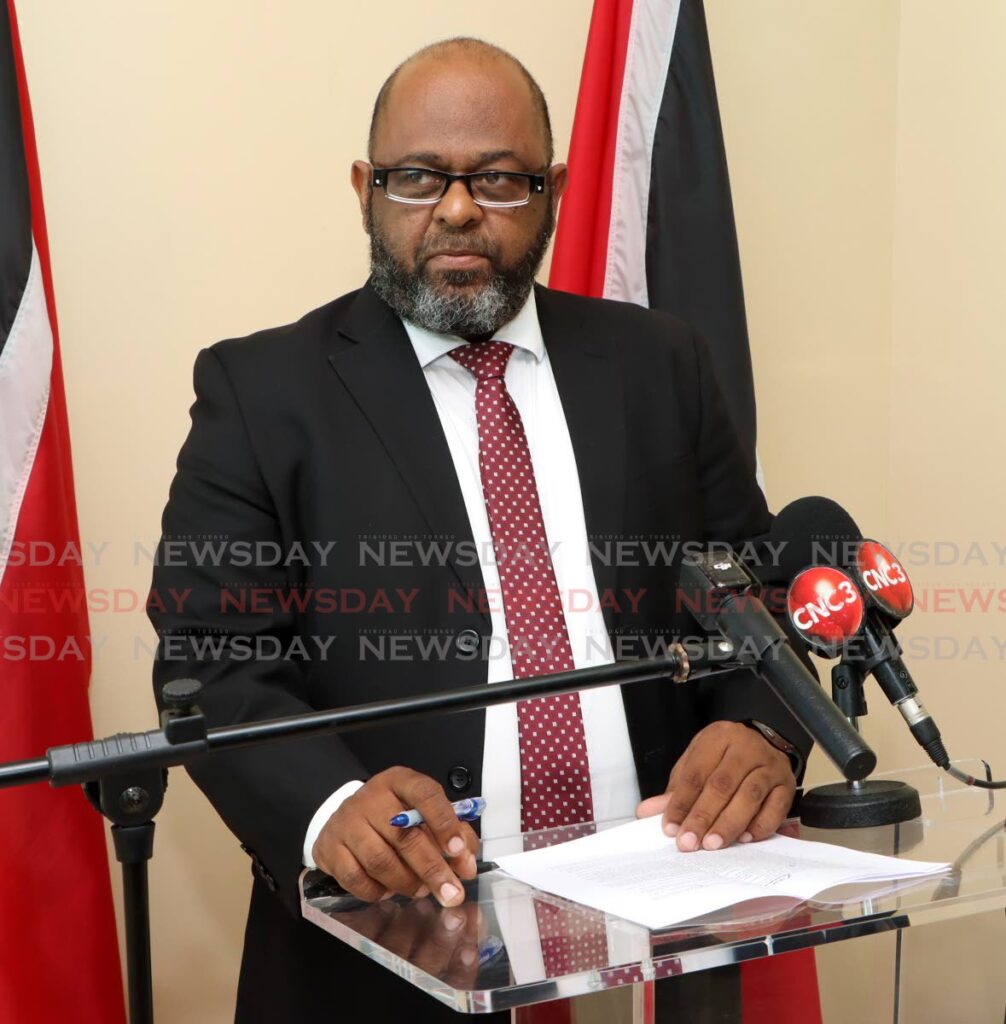A significant restructuring within the military leadership has unfolded, raising questions about the transparency and timing of the changes. Defence Minister Wayne Sturge had previously signaled impending reforms in September, criticizing the deteriorating conditions of military bases, the poor state of soldiers’ uniforms, and disparities between senior officers and rank-and-file personnel. He vowed to address these issues “in the coming weeks.”
However, the abrupt dismissal of Air Vice Marshal Darryl Daniel and the appointment of Captain Don Polo as the new Chief of Defence Staff on October 7 has drawn scrutiny. The ministry’s press release stated that the changes were made “after lengthy deliberations and mature consideration,” yet the suddenness of the decision contrasts with this claim. The outgoing leader’s tenure was expected to last another six months, adding to the confusion.
The appointment process itself has raised eyebrows. While Section 191 of the Defence Act governs the selection of the Chief of Defence Staff, the ministry referenced Section 12, which pertains to promotions. This suggests that Capt Polo may have been elevated to a higher rank, such as commodore, to assume the role. The move follows an earlier, unexplained leadership shake-up in August, which was reversed within 24 hours of being announced.
Despite the controversy, the installation of a new Chief of Defence Staff marks a decisive step in reshaping the Defence Council, which oversees military command and administration. The council includes the Defence Minister, the Chief of Defence Staff, and the Permanent Secretary of the line ministry, with a new Permanent Secretary appointed in June.
The Chief of Defence Staff plays a pivotal role in leading the Defence Force, one of the largest in the English-speaking Caribbean. The force is tasked with safeguarding national sovereignty, supporting regional objectives, and responding to disasters—a mission increasingly critical amid the climate crisis. However, the leadership change occurs against a backdrop of heightened tensions, including a state of emergency triggered by the disappearance of 28,000 rounds of ammunition and escalating US-Venezuela relations.
